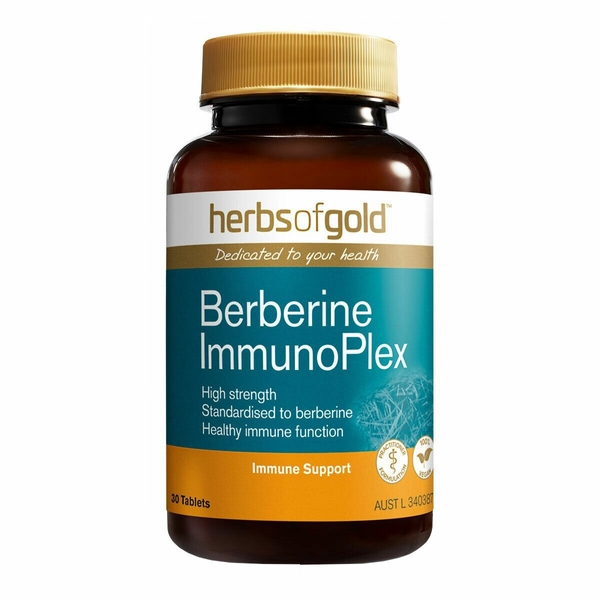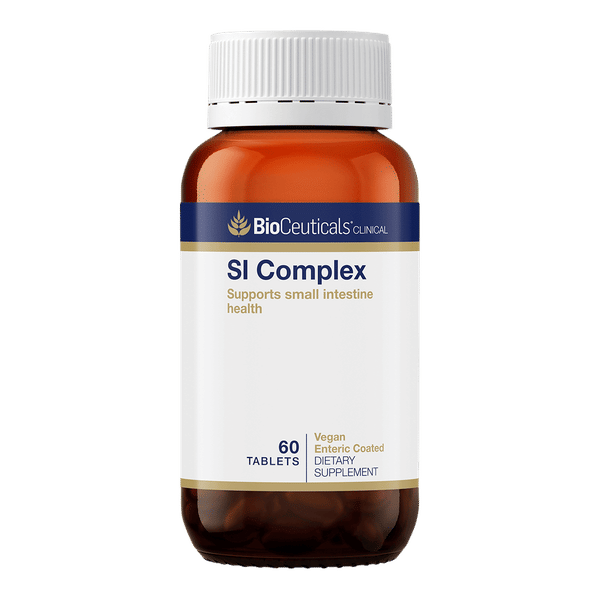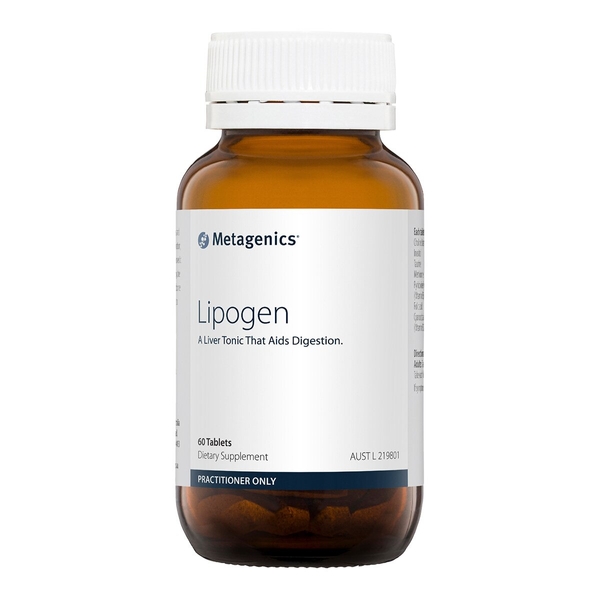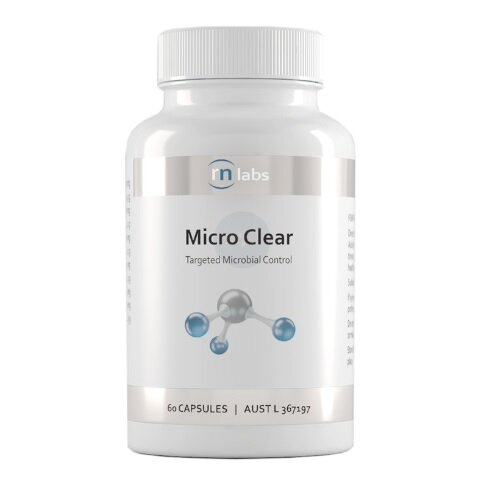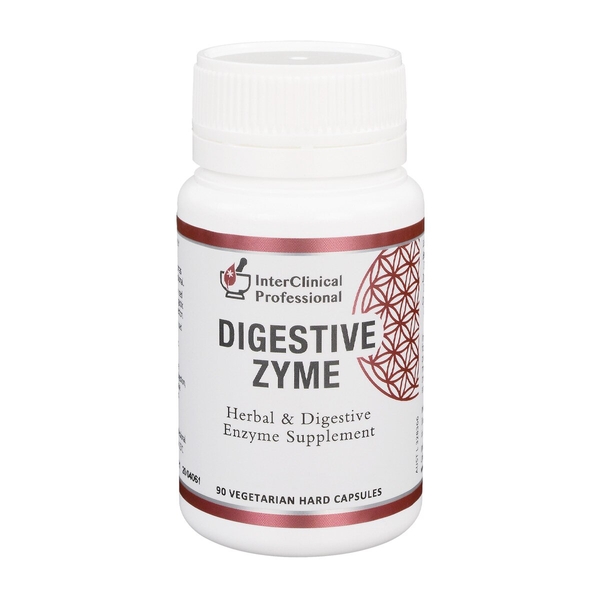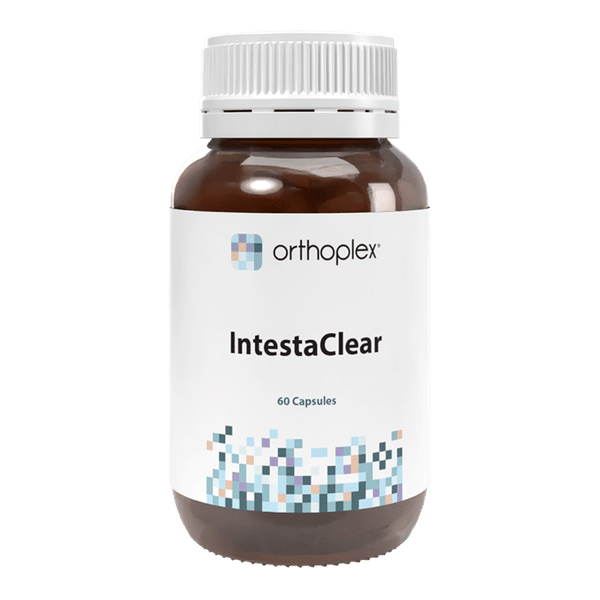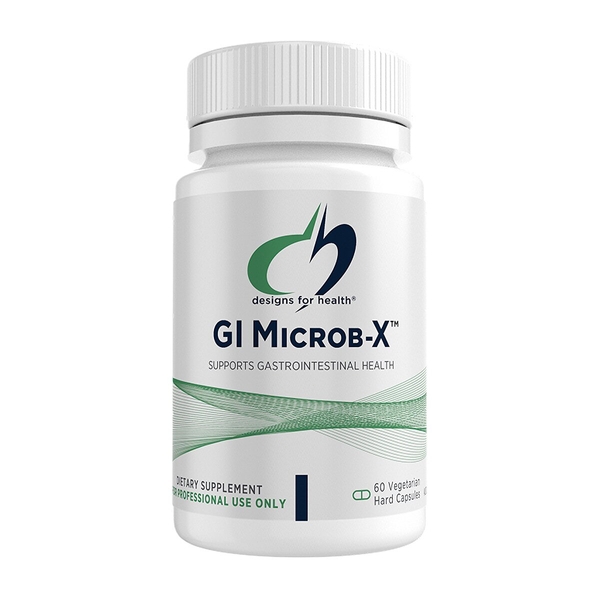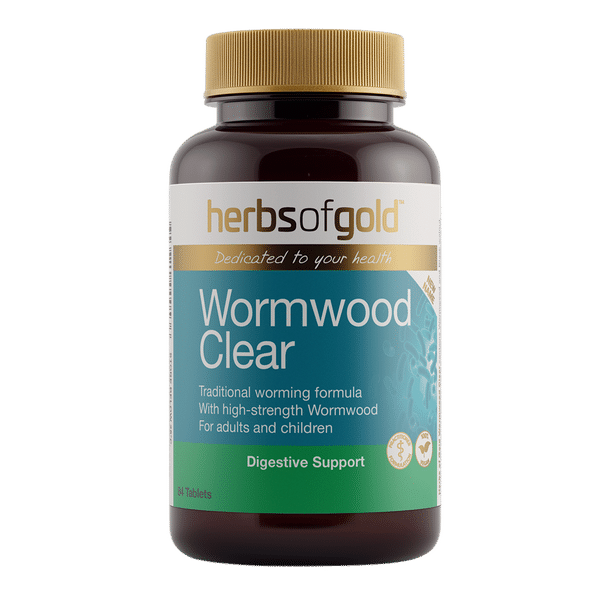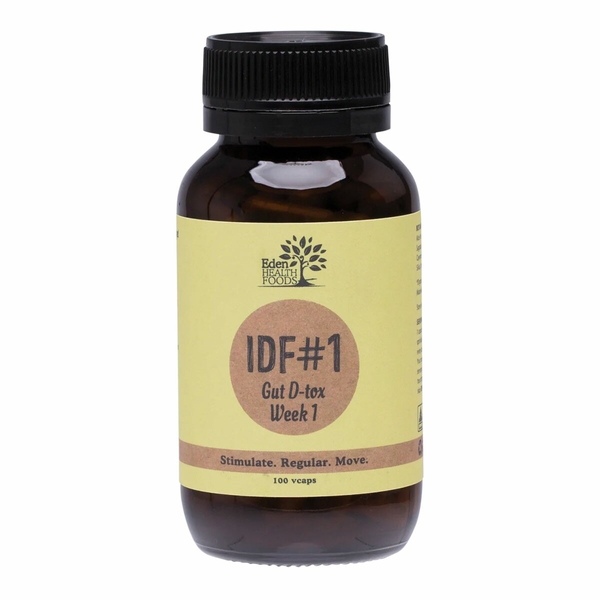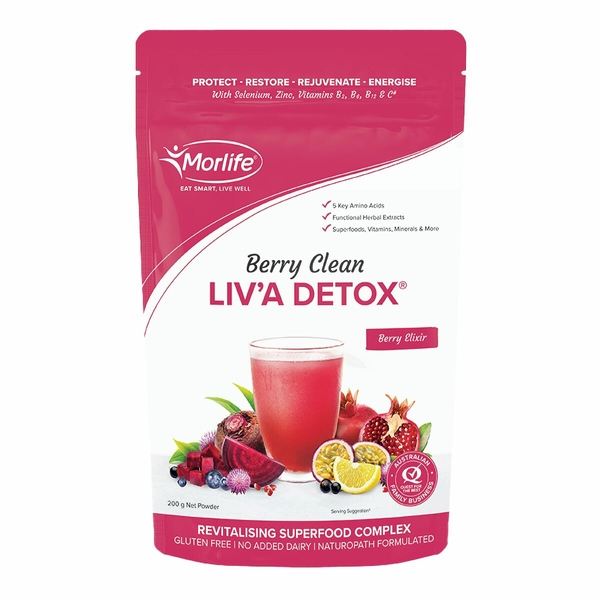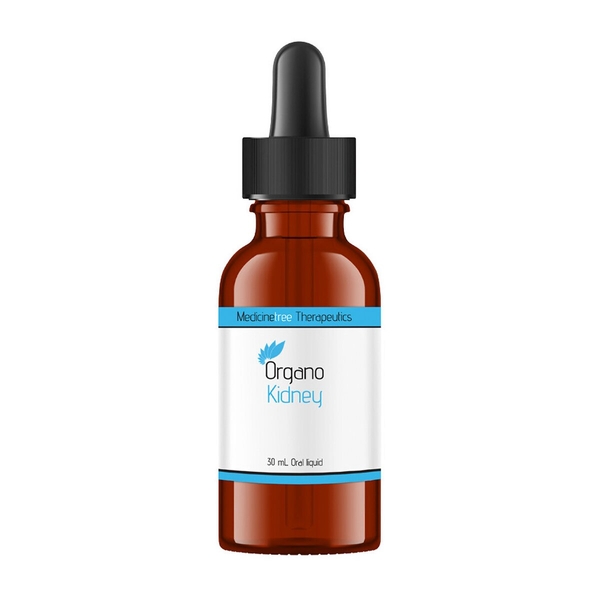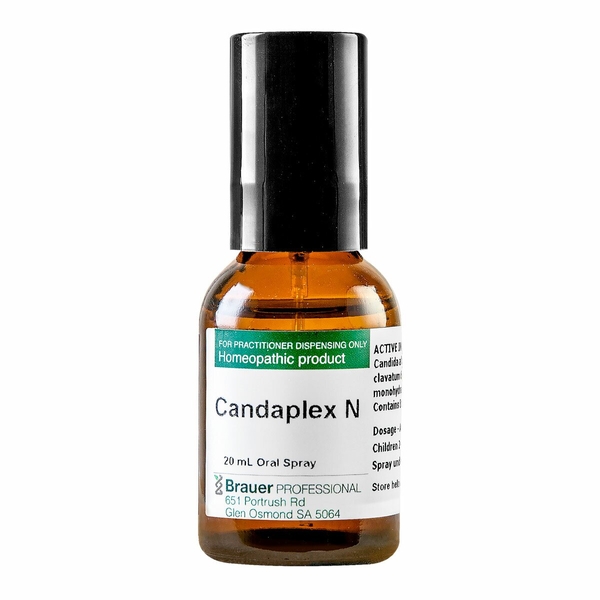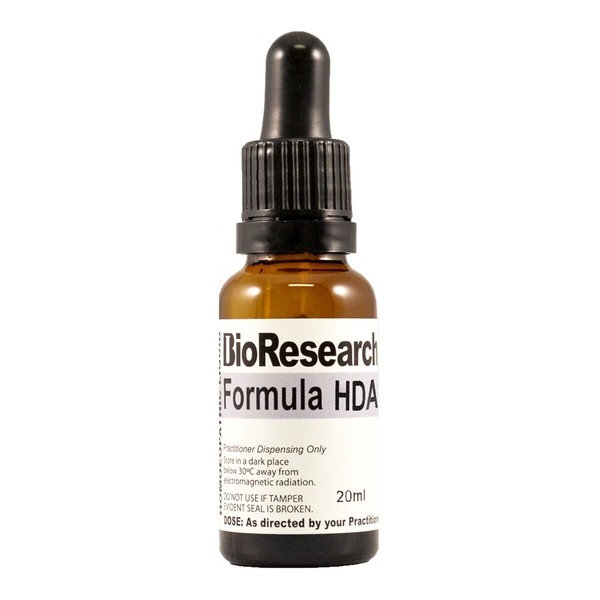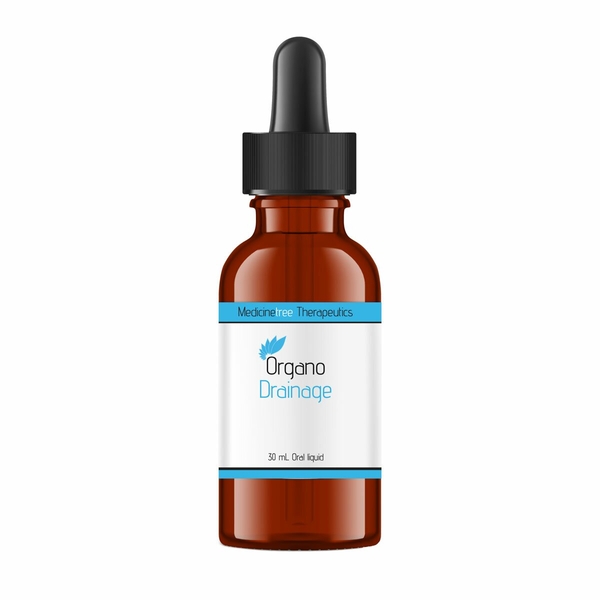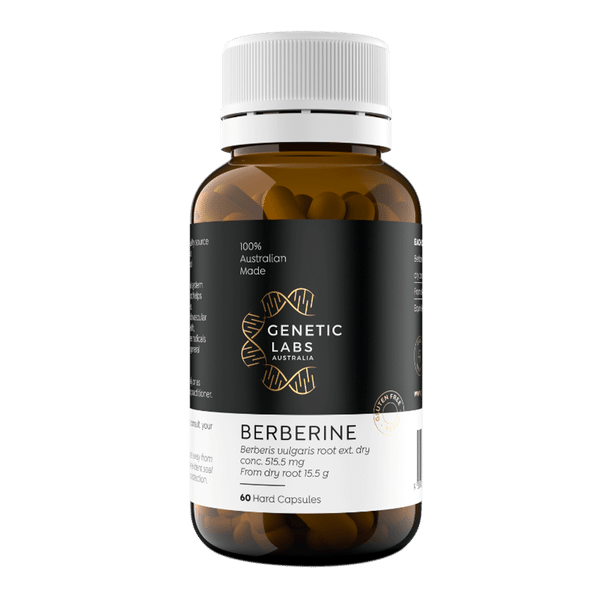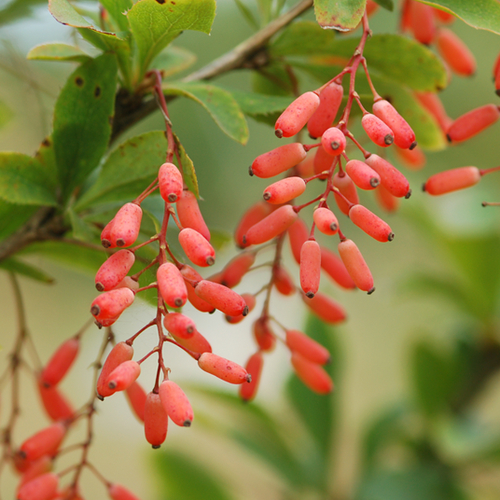
Background
European barberry contains chemicals that might cause stronger heartbeat. It also might decrease swelling and acid in the stomach.
People use European barberry for acne, diabetes, high cholesterol, breast cancer, and many other conditions, but there is no good scientific evidence to support these uses.
Don't confuse European barberry with Oregon grape. These are not the same.
Safety Safety definitions
When applied to the skin: There isn't enough reliable information to know if European barberry is safe or what the side effects might be.
Special Precautions & Warnings:
Pregnancy and breast-feeding: European barberry is likely unsafe when taken by mouth while pregnant or breast-feeding. The berberine in European barberry might harm the fetus if taken during pregnancy and can pass from breast-milk to a nursing infant. The chemicals in European barberry might cause brain damage.Children: European barberry is likely unsafe for newborn infants when taken by mouth. It contains a chemical called berberine, which can cause brain damage. Don't expose infants to European barberry. There isn't enough reliable information to know if European barberry is safe to use in older children.
Bleeding disorder: European barberry contains a chemical called berberine. Berberine might slow blood clotting and increase the risk of bleeding. European barberry might make bleeding disorders worse.
Surgery: European barberry contains a chemical called berberine. Berberine from European barberry might prolong bleeding or slow down the nervous system during and after surgery. It might also interfere with blood sugar control during and after surgery. Stop taking European barberry at least 2 weeks before a scheduled surgery.
Effectiveness
Dosing & administration
Interactions with pharmaceuticals
Cyclosporine (Neoral, Sandimmune)
Interaction Rating=Moderate Be cautious with this combination.
The body breaks down cyclosporine to get rid of it. European barberry might decrease how fast the body breaks down cyclosporine. This might increase levels of cyclosporine in the body and increase the risk of side effects.
Drying medications (Anticholinergic drugs)
Interaction Rating=Moderate Be cautious with this combination.
European barberry can block a chemical in the body called acetylcholine, which has many important functions. Some medications, called anticholinergic drugs, also block acetylcholine. There is some concern that taking them together might increase the risk for confusion, blurred vision, increased sweating, and increased heart rate.
Medications changed by the liver (Cytochrome P450 3A4 (CYP3A4) substrates)
Interaction Rating=Moderate Be cautious with this combination.
Some medications are changed and broken down by the liver. European barberry might change how quickly the liver breaks down these medications. This could change the effects and side effects of these medications.
Medications for diabetes (Antidiabetes drugs)
Interaction Rating=Moderate Be cautious with this combination.
European barberry might lower blood sugar levels. Taking European barberry along with diabetes medications might cause blood sugar to drop too low. Monitor your blood sugar closely.
Medications for high blood pressure (Antihypertensive drugs)
Interaction Rating=Moderate Be cautious with this combination.
European barberry might lower blood pressure. Taking European barberry along with medications that lower blood pressure might cause blood pressure to go too low. Monitor your blood pressure closely.
Medications that slow blood clotting (Anticoagulant / Antiplatelet drugs)
Interaction Rating=Moderate Be cautious with this combination.
European barberry might slow blood clotting. Taking European barberry along with medications that also slow blood clotting might increase the risk of bruising and bleeding.
Sedative medications (CNS depressants)
Interaction Rating=Moderate Be cautious with this combination.
European barberry might cause sleepiness and slowed breathing. Some medications, called sedatives, can also cause sleepiness and slowed breathing. Taking European barberry with sedative medications might cause breathing problems and/or too much sleepiness.
Various medications used for glaucoma, Alzheimer disease, and other conditions (Cholinergic drugs)
Interaction Rating=Moderate Be cautious with this combination.
Some medications that are used for glaucoma, Alzheimer disease, and other conditions increase acetylcholine levels. But European barberry can block acetylcholine. Taking European barberry with these medications might decrease the effects of these drugs.
Interactions with herbs & supplements
Herbs and supplements that might lower blood sugar: European barberry might lower blood sugar. Taking it with other supplements with similar effects might lower blood sugar too much. Examples of supplements with this effect include aloe, bitter melon, cassia cinnamon, chromium, and prickly pear cactus.
Herbs and supplements that might slow blood clotting: European barberry might slow blood clotting and increase the risk of bleeding. Taking it with other supplements with similar effects might increase the risk of bleeding in some people. Examples of supplements with this effect include garlic, ginger, ginkgo, nattokinase, and Panax ginseng.
Herbs and supplements with sedative properties: European barberry might cause sleepiness and slowed breathing. Taking it along with other supplements with similar effects might cause too much sleepiness and/or slowed breathing in some people. Examples of supplements with this effect include hops, kava, L-tryptophan, melatonin, and valerian.
Interactions with foods
Products
View all products- Berberis vulgaris (Barberry) ext. 100 mg
- Bupleurum falcatum ext. 150 mg
- Taraxacum officinale ext. 100 mg
- Choline bitartrate 167 mg equiv. choline 69 mg
- Inositol 100 mg
- Taurine 100 mg
- L-methionine 100 mg
- Pyridoxine hydrochloride (Vitamin B6) 25 mg equiv. pyridoxine 20.57 mg
- Folic acid 200 μg
- Co-methylcobalamin (Vitamin B12) 200 μg
- Berberis vulgaris (Barberry)
- Schisandra chinensis
- Cynara scolymus
- Silybum marianum
- Passionfruit
- Citrus limon (Lemon)
- Piper nigrum
- Zingiber officinale
- Camellia sinensis
- Beta vulgaris
- Ribes nigrum
- L-glutamine
- L-glycine
- L-methionine
- Zinc gluconate
- Taurine
- Choline bitartrate
- Pyridoxine hydrochloride (Vitamin B6)
- Folic acid
- Selenomethionine
- Cyanocobalamin (Vitamin B12)
- Apple pectin
- Riboflavin (Vitamin B2)
- Natural flavours
- Rosmarinus officinalis
- Echinacea angustifolia
- Malpighia glabra
- Curcuma longa
- L-cysteine
- Oryza sativa (Rice hulls)
- Silicon dioxide
- Punica granatum
- Vaccinium corymbosum (fruit) powder
- Berberis vulgaris (Barberry)
- Porcine renal cortex
- Porcine renal medulla
- Porcine kidney
- Porcine ureter
- Porcine urethra
- Porcine urinary bladder
- Equisetum hyemale
- Eupatorium purpureum
- Serum anguillae
- Porcine renal calculus (Kidney stone)
- Berberis vulgaris (Barberry)
- Galium aparine
- Porcine heart
- Porcine kidney
- Iris versicolor
- Porcine large intestine
- Porcine liver
- Porcine lung
- Porcine lymph nodes
- Porcine nerves
- Porcine pituitary gland
- Porcine skin
- Porcine small intestine
- Porcine spleen
- Porcine sanguis

